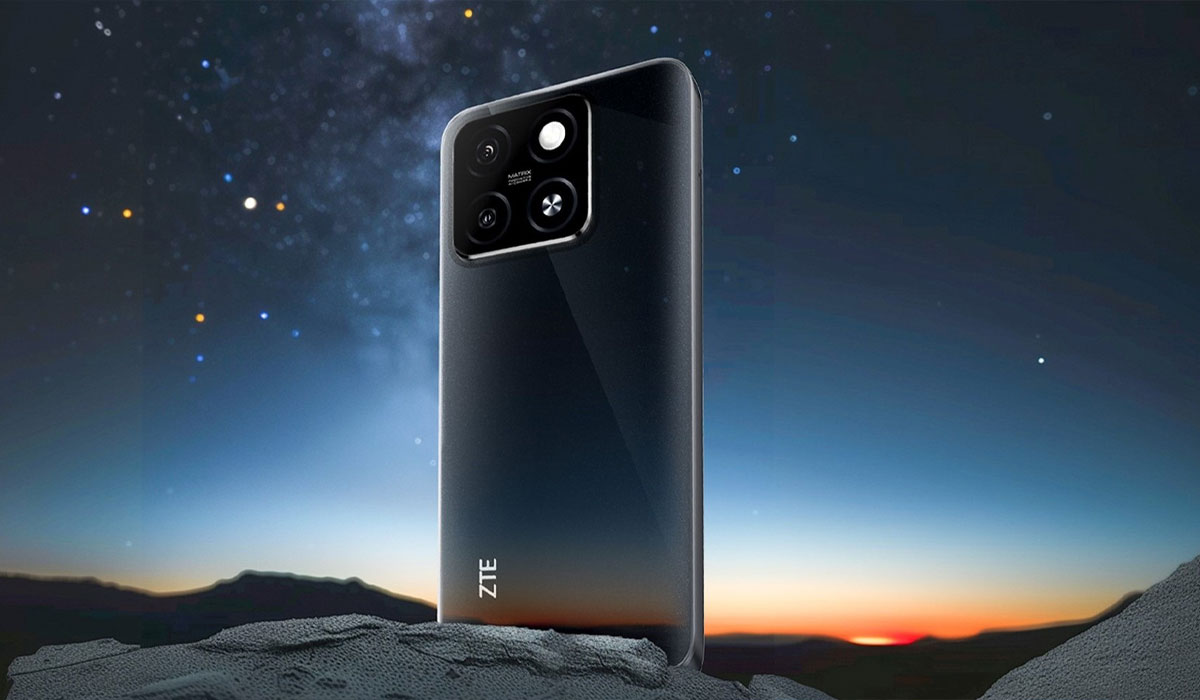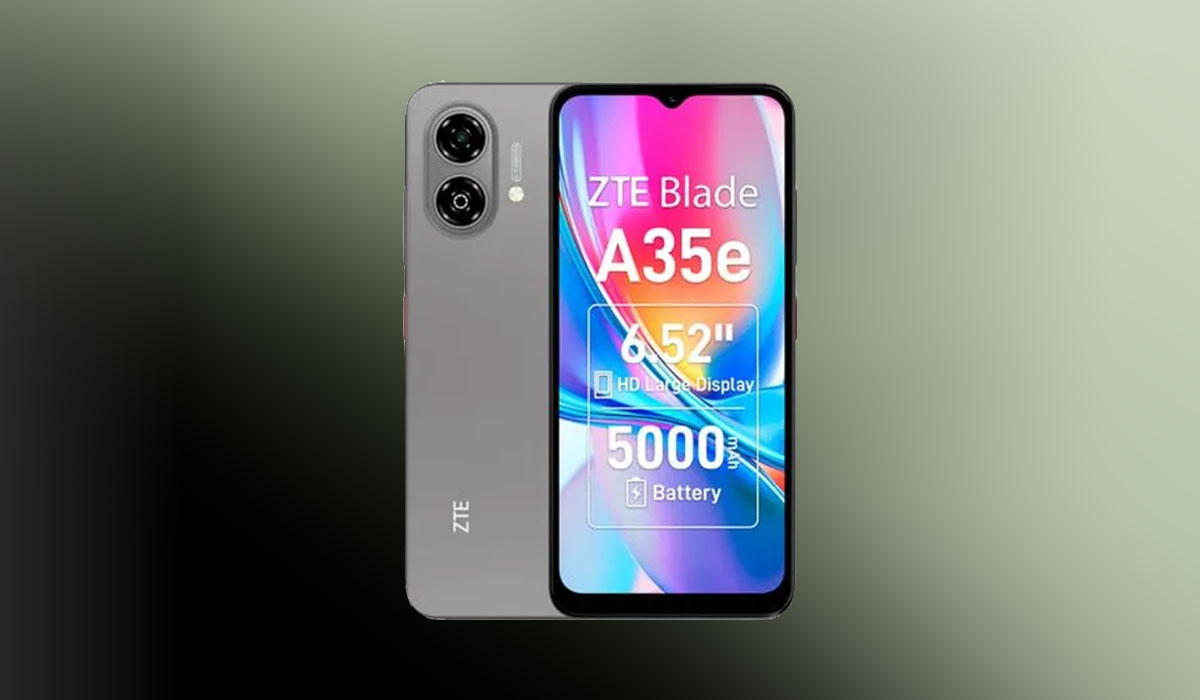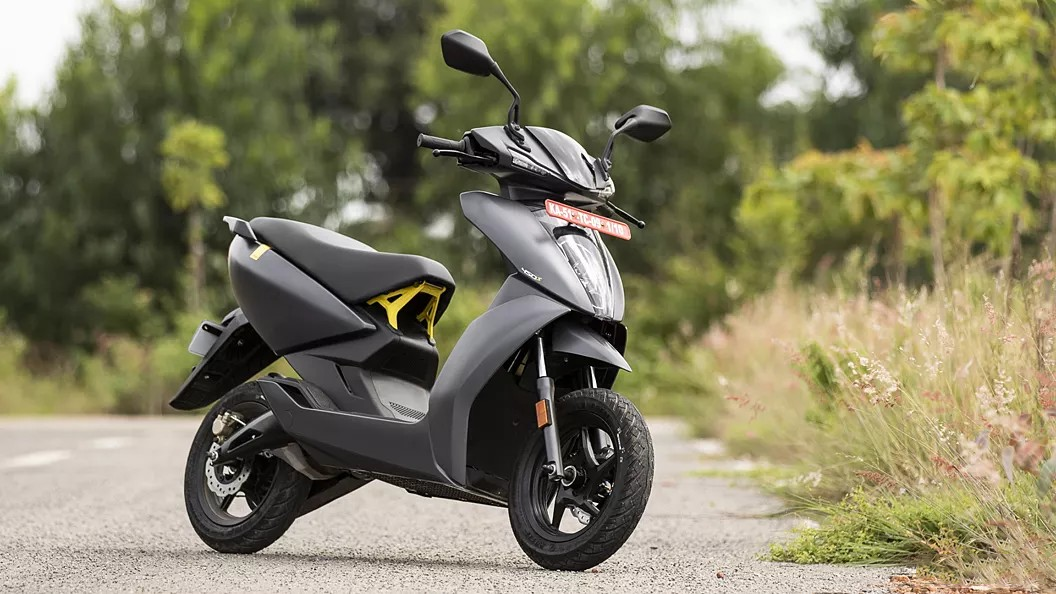The Huawei Mate 30 Pro did manage to create quite a ruckus at the time of its launch. Sadly, that heat didn’t take long to cool off because of the ongoing restrictions with the US. The lack of google play services has taken a huge toll on the Mate 30 Pro but nonetheless it has still managed to survive this long.
Slowly but steadily the Mate 30 Pro is making its way to most Asian countries. Well, you know what? The Mate 30 Pro has finally arrived in Nepal. The phone was officially launched yesterday amidst an event conducted in Kathmandu.
I’m sure most of you are already wondering about the availability of Google Play Services. Well, sadly they are still on a ban and the services are still offline for the moment.
However for the long run Huawei has planned ahead and invested a lot for its HMS (Huawei Mobile Services), which by the way is already online. For this ecosystem, Huawei has invested a billion dollars under the developers project.

So, in time the ecosystem could be substantially huge.The whole thing is still a long shot, though. Google Play Services are still not guaranteed to be supported and the chances of HMS’s success in Nepal is quite low in my opinion.
Apart from that, let’s not spoil all the fun by mentioning each individual aspect right here. Instead, let’s go on board a journey to the fantastic mysteries of the Mate 30 Pro.
Mate 30 and Mate 30 Pro Design
Mate 30 Pro boast a sophisticated design on the front as well as the back. Starting with the rear, we have a quad camera setup enclosed in something called a Halo Ring Design. A fancy name but an even fancier concept.
The much more appealing aspect about the device is probably the waterfall display on the front along with the massive curves around the edges. More about the display later, but the curve is just wow! The panel curves at an 88° angle which gives off an immersive feel to the device. And I can’t seem to get enough of it.
However, there’s one feature of the device that I have mixed feelings about. They’ve gone with a more “Sophisticated” notch which is actually pretty huge but houses two cameras paired with sensors. I mean the addition of 3D depth camera and 32MP selfie is great and all but the notch sort of debauches the aesthetic of the frontal design in my opinion.
Around the edges, you’ll notice something entirely different about this device. There is a power button but where are the volume rockers? Well, they aren’t present at all. Instead there’s a pressure sensitive area (virtual keys) which apparently works like a volume rocker. Well, that’s a first and it is a bit difficult to get around. This was bound to happen sometime and I’m actually quite happy they managed to make it possible this time around.
Other than that, talking about the gesture controls, it’s a tad bit fancy. You can do a flick to scroll up/down or pinch to take a screenshot, which is a strange characteristic, I think. For biometrics the device offers an in-display fingerprint sensor and a 3D face unlock. By the device is also IP68 certified and dust resistant, which is as expected from a flagship device.
Display

The screen isn’t entirely bezel-less but compared to other phones, it got lead. The top and bottom have small amount of bezel which doesn’t take up a lot of space but is still present.
Internals
Inside, the device houses a Kirin 990 processor, the newest flagship processor from Huawei. How is this different from the other processors? Well, it’s a 7nm EUV chip, featuring two Cortex-A76 (clocked at 2.86 GHz), two Cortex-A76 (clocked at 2.36 GHz), and four Cortex-A55 (clocked at 1.86GHz) architecture. In simple terms, this chip is capable of delivering stronger processing capabilities, higher accuracy and at the same time maintaining power efficiency.
When this processor is coupled with an 8/256Gb storage, no wonder it’s going to be a powerhouse.
EMIUI 10
So, there is still a major war ongoing between Huawei and Google. Still Huawei’s Mate 30 Pro will be featuring the Android 10. These will be the first phones with official Android 10 release. However, the devices will not be featuring the google play services at all. Meaning, no google, no YouTube and no Gmail.
Instead Huawei is investing billions to make Huawei Play store a better option for users. It’s a long shot and has chances of success but for now it’s a tough situation for Huawei.
Camera Features
The main attraction of the device is most probably the camera specification. The rear consists of a quad camera setup with two 40MP sensors coupled with an 8MP telephoto and a TOF sensor. The primary sensor is a 40MP f 1.8 Sony IMX600 RYYB sensor with an OIS. The other 40MP camera is an ultra-wide-angle sensor with 3x optical zoom and OIS.

The other 40MP RGGB sensor is not equivalent to RYYB sensor but it’s still an impressive sensor whatsoever. It is still capable of capturing as much light and gets the job done in night conditions as well.
One other thing to note is that the telephoto lens is only capable of 3x hybrid zoom in the Mate 30 Series. In comparison, the sensor on the P30 Pro was capable of a 5x zoom. Well, it’s not a huge downgrade rather, is still considerable.
Video Capabilities
There are some gimmicky video features on the Mate 30 Pro which is actually quite fun to play around with. There’s a separate 40MP cine camera on the Mate 30 series. The camera supports 4K videos at 60fps which is an exciting new feature in the video category.
One other video aspect that probably caught everyone’s attention is the humongous 7680fps slow motion videos. This clearly indicates that Mate 30 series phones are capable of Super slow-mo videos. I mean, the fps is just insane. If you look at some samples, you can literally see static(still) images within the video.
Apart from super slow mo and cine sensor, the Mate 30 Po also supports a cinematic bokeh, which we also saw in the Note 10+. It’s the same concept. You can focus on a particular object and the rest aspect of the device will be blurred.
Battery
Lastly, when we talk about battery, there’s a large 4,500mAh battery within the Mate 30 Pro. Huawei claims that this battery should last up to 8 hours on heavy usage. Even after all the juice is squeezed out, there is support for a 40W fast charger in the box that should get you enough juice in no time at all. Not only that, it also supports a 27W wireless charging, which is pretty awesome. In comparison, the Apple 11 has only 18W fast charger support.
In addition, there’s a Graphene film cooling technology underneath which is supposed to keep the device cool for a longer period of time.
Huawei Mate 30 Pro Price in Nepal & Thoughts
The Mate 30 series are undoubtedly, one of this year best smartphones. Even without the Google Play Services, they offer some of the best features within a smartphone. Whether it be camera or processor or anything else that you can think of. So, even without some of our most important apps, I think the Huawei Mate 30 is worth giving a shot.
Lastly, about the price of the Mate 30 Pro. In our earlier post, we had predicted the price to be well over Rs. 1,30,000, and to our surprise the price guess has matched. The official Huawei Mate 30 Pro price in Nepal (8/256GB) has been set Rs. 1,29,900. Currently, the phone is available in all Huawei Showrooms for sale.
So, that’s it, that’s all on the Huawei Mate 30 Pro. Would you consider giving the Mate 30 Pro a chance? Do let us know your thoughts in the comments down below.
-
ZTE Blade A55 with 90Hz Refresh Rate Launched in NepalHIGHLIGHTS The ZTE Blade A55 price in Nepal is Rs. 11,999 (4/64GB) and Rs. 12,999…
-
ZTE Blade A35e Launched in Nepal: Cheapest of the BunchHIGHLIGHTS The ZTE Blade A35e price in Nepal is Rs. 10,499 (2/64GB). The phone is…
-
2025 Ather 450S Arrives in Nepal: Improved Range at Affordable Price!HIGHLIGHTS Ather 450S price in Nepal is Rs. 3.25 Lakhs. The 2025 Ather 450S is…












